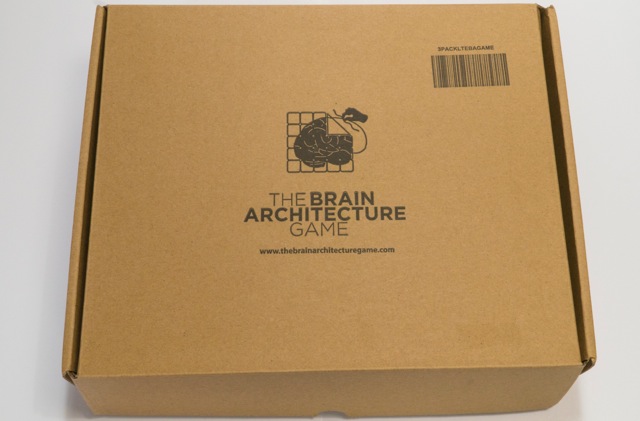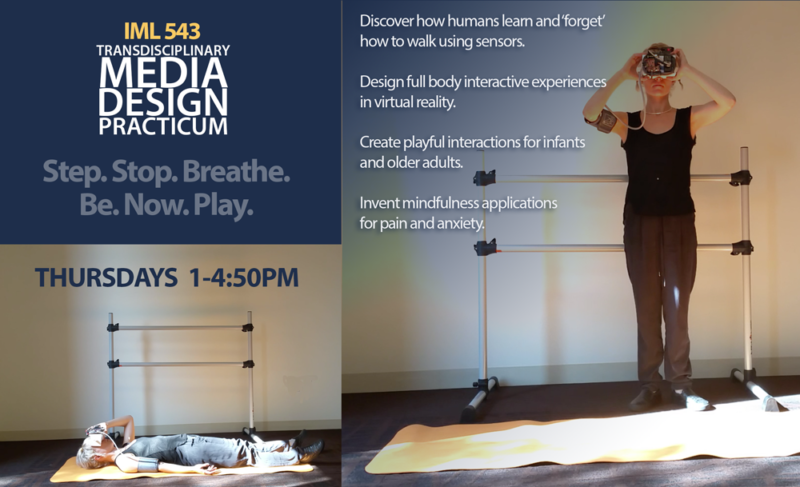CTIN 503 – Interactive Entertainment, Science & Health
CTIN 503 – SPRING 2017 Interactive Entertainment, Science & Healthcare (2 Units) Instructor: Prof. Marientina Gotsis, MFA gotsis@usc.edu Office: SCI 201U Lecture: Tuesdays 4-5:50PM @ SCI 308 COURSE OVERVIEW This course will give students an overview of foundational concepts required for design, development and evaluation of interactive entertainment and transmedia-based interventions at the intersection of neuroscience, public health and medicine. Students will develop a unique transdisciplinary perspective of intervention… Read More »CTIN 503 – Interactive Entertainment, Science & Health




